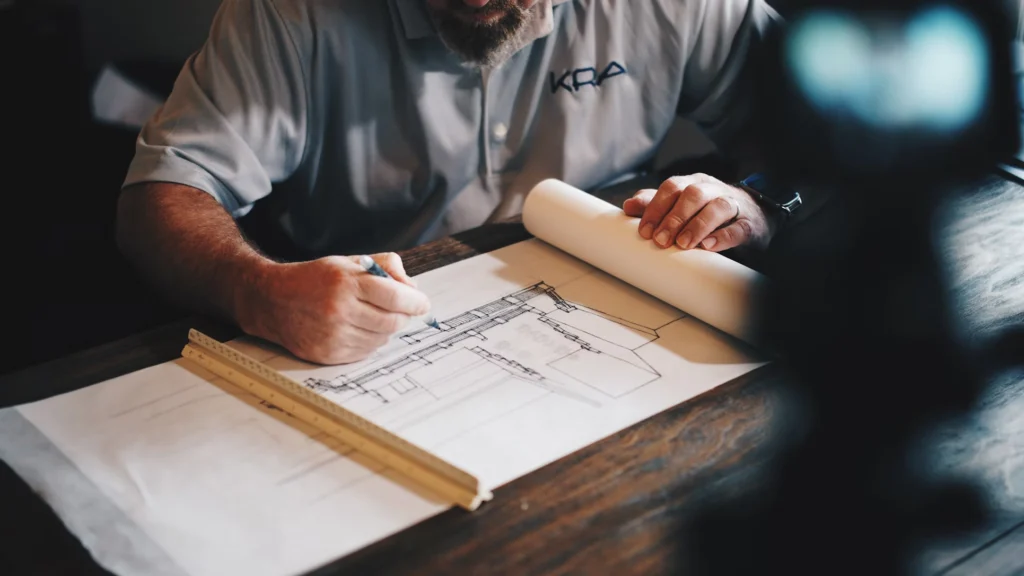A well-maintained commercial building is essential for business operations, safety, and long-term cost savings. Neglecting routine maintenance can lead to expensive repairs, operational disruptions, and safety hazards. Regular facility maintenance for commercial buildings ensures the longevity of infrastructure, enhances safety, and maintains property value. In this guide, we explore the benefits of ongoing maintenance, essential areas to focus on, and how professional services can help keep your commercial property in top condition.
What is Facility Maintenance for Commercial Buildings?
Facility maintenance refers to the regular upkeep, inspection, and repair of a commercial property to ensure that all systems and structures function efficiently. According to Wikipedia, facility management encompasses various services, including building maintenance, utilities management, and infrastructure improvements.
Key Benefits of Regular Facility Maintenance
1. Cost Savings on Repairs and Replacements
One of the most significant advantages of regular facility maintenance for commercial buildings is cost savings. Preventative maintenance helps identify minor issues before they become major problems. For example, timely roof inspections and repairs (source) prevent leaks that could cause extensive interior damage, saving thousands in repairs.
2. Enhanced Safety and Compliance
Commercial properties must comply with safety regulations, including OSHA and local building codes. Regular maintenance ensures that fire safety systems, electrical wiring, and structural components are up to code. Failing to maintain a safe environment can lead to legal issues and workplace accidents, which could harm employees and customers.
3. Improved Energy Efficiency
A well-maintained building operates more efficiently. For example:
-
Proper HVAC maintenance reduces energy consumption and extends the system’s lifespan.
-
Well-insulated roofing prevents excessive heating or cooling costs (roofing services).
-
Regular window and door inspections prevent energy loss.
By optimizing energy efficiency, businesses can reduce operational costs and contribute to environmental sustainability.
4. Increased Property Value and Curb Appeal
First impressions matter in business. A well-kept exterior with clean walkways, intact concrete and asphalt surfaces (repair and replacement services), and maintained landscaping enhances curb appeal and attracts potential tenants or customers. Regular maintenance also helps retain or increase property value over time.
5. Extended Lifespan of Building Components
Every part of a commercial building—from the foundation to the roofing—has a lifespan. Regular maintenance extends the longevity of these components. For instance:
-
Roof inspections prevent leaks and deterioration.
-
Concrete and asphalt maintenance reduces cracks and potholes, preventing expensive resurfacing.
-
Plumbing and electrical system checks prevent major failures.
6. Optimized Workplace Productivity
A well-maintained facility creates a comfortable and efficient working environment. Employees are more productive when lighting, air conditioning, and plumbing systems function properly. If a business operates in an office setting, office buildouts (more details) with proper maintenance ensure an optimized workspace tailored to employee needs.
7. Reduced Downtime and Business Interruptions
Unexpected failures in a commercial facility can disrupt operations. Whether it’s an electrical outage, HVAC failure, or plumbing issue, such problems can cause costly downtime. Routine facility maintenance for commercial buildings helps prevent sudden breakdowns, keeping business operations running smoothly.
Key Areas to Focus on for Regular Facility Maintenance
1. Roofing and Structural Integrity
-
Inspect roofing systems for leaks, damage, or wear.
-
Ensure proper drainage to prevent water damage.
-
Schedule professional maintenance for roofing (services here).
2. Concrete and Asphalt Maintenance
-
Repair cracks and potholes in parking lots and sidewalks.
-
Prevent trip hazards by maintaining smooth surfaces.
-
Consider professional concrete and asphalt repair (more info).
3. HVAC and Electrical Systems
-
Regularly clean and service HVAC systems for efficiency.
-
Inspect electrical panels and wiring for potential issues.
4. Office and Interior Maintenance
-
Ensure office spaces are well-maintained for employee comfort.
-
Consider office buildouts (services here) to update workspaces.
5. Plumbing and Water Systems
-
Inspect pipes for leaks and corrosion.
-
Maintain drainage systems to prevent backups.
How Professional Facility Maintenance Services Help
Managing facility maintenance in-house can be challenging. Partnering with experienced professionals ensures that all aspects of the building are properly cared for. Facility management experts handle:
-
Routine inspections and preventive maintenance.
-
Emergency repairs and on-demand service calls.
-
Compliance with safety regulations and building codes.
Conclusion: Prioritizing Facility Maintenance for Long-Term Success
Regular facility maintenance for commercial buildings is a crucial investment in safety, efficiency, and cost savings. By taking a proactive approach to maintenance, businesses can prevent costly repairs, improve workplace conditions, and ensure compliance with regulations.
To learn more about expert facility maintenance services, visit OPS Inc.. If you’re considering additional improvements, check out their home remodel services for residential upgrades as well.

